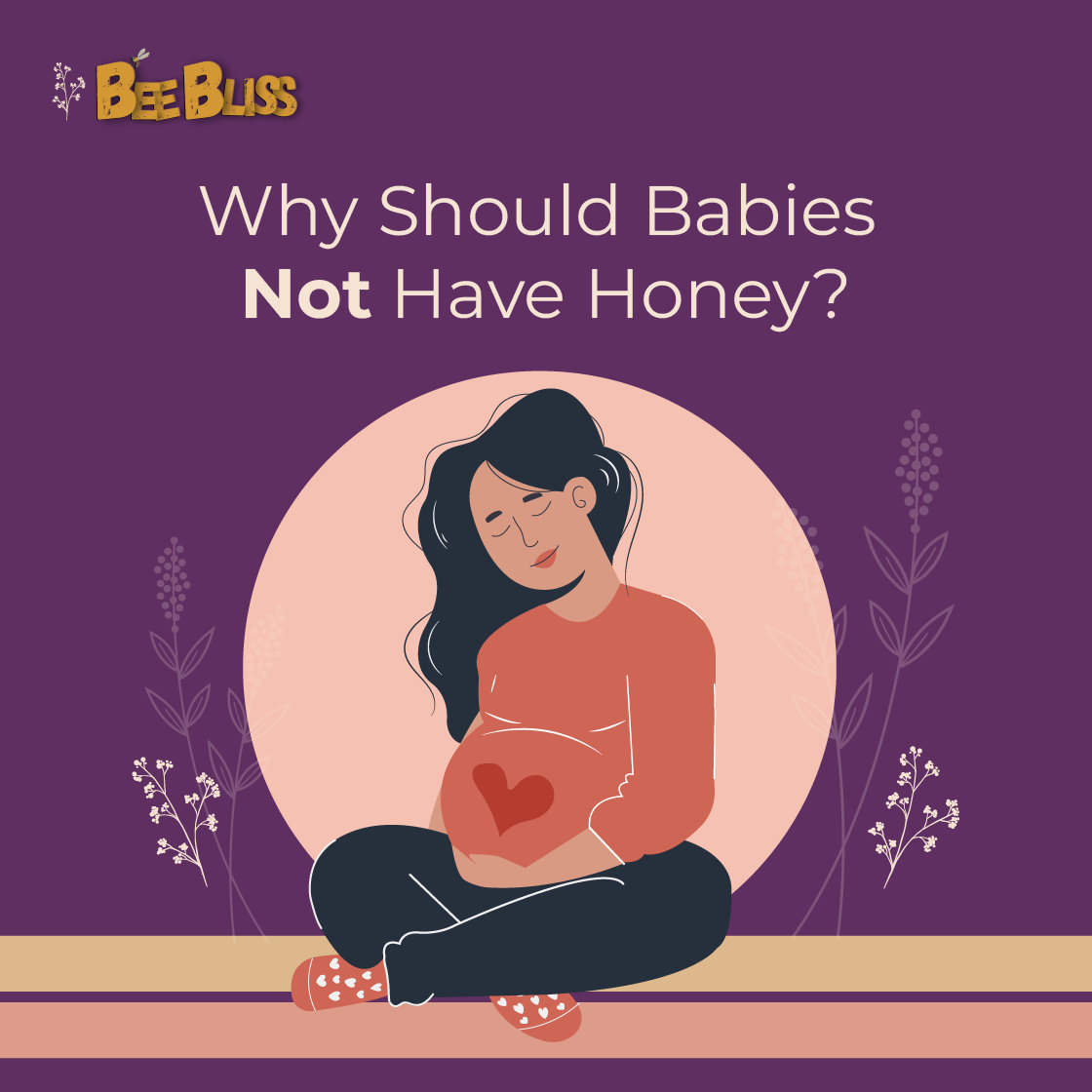
Is Honey Good for Babies? A Scientific Perspective
As parents, we constantly seek the best nutrition for our little ones. A frequently asked question is: is honey good for babies? While honey is a natural sweetener with several health benefits for adults, it is not safe for infants under one year due to the risk of infant botulism—a rare but serious condition caused by Clostridium botulinum spores.
The Scientific Reason Why Honey is Not Safe for Infants
Honey can contain Clostridium botulinum spores, which, when ingested by infants, can colonize their immature gastrointestinal tract. Unlike adults and older children, babies under 12 months lack sufficient gut microbiota to prevent these spores from germinating. Once the bacteria multiply, they produce botulinum toxin, a neurotoxin that can block nerve function, leading to flaccid paralysis and severe respiratory distress.
Indian Health Guidelines on Honey for Babies
Health authorities in India, such as the Indian Academy of Pediatrics (IAP) and the Food Safety and Standards Authority of India (FSSAI), strongly recommend not giving honey to infants under one year of age due to the risk of infant botulism. The IAP guidelines align with global recommendations from the World Health Organization (WHO) and the Centers for Disease Control and Prevention (CDC), emphasizing that honey should be avoided for babies below one year.
Risk Comparison: Honey vs. Other Foods
To better understand the risks, let’s compare honey with other common foods for babies under one year.
| Food Item | Safe for Babies <1 Year? | Reason |
|---|---|---|
| Honey | ❌ No | Risk of infant botulism due to spores |
| Pasteurized Yogurt | ✅ Yes | Contains probiotics beneficial for gut |
| Cow’s Milk | ❌ No | Difficult for infants to digest |
| Bananas | ✅ Yes | Easily digestible and nutrient-rich |
| Corn Syrup | ❌ No | May also contain C. botulinum spores |
Is Honey Good for Babies Under 1 Year?
Scientific guidelines from health authorities such as the IAP, FSSAI, CDC, and the American Academy of Pediatrics (AAP) strictly advise against feeding honey to infants under one year due to the botulism risk. Even processed honey or honey-containing foods can pose a danger.
Symptoms of Infant Botulism
If a baby under 12 months consumes honey, they may develop symptoms of infant botulism within 3 to 30 days. Common symptoms include:
| Symptom | Description |
|---|---|
| Constipation | One of the earliest signs |
| Lethargy | Unusual drowsiness, weakness |
| Weak Cry | Softer or weaker than normal |
| Poor Feeding | Difficulty sucking or swallowing |
| Muscle Weakness | Floppiness or reduced movement |
| Respiratory Issues | Difficulty breathing in severe cases |
Is Honey Good for Babies 1 Year Old and Beyond?
Once a baby turns one year old, their digestive system has developed sufficient defenses against Clostridium botulinum. At this stage, honey can be safely introduced as a natural sweetener. However, moderation is advised due to its high sugar content, which can contribute to dental caries and excessive calorie intake.
Is Honey Good for Babies with Cough?
For children over one year old, honey has been recognized for its antimicrobial and soothing properties. Research published in the Journal of Pediatrics suggests that honey can be an effective remedy for nocturnal cough and sore throat, often outperforming over-the-counter cough syrups. The Indian Academy of Pediatrics also supports the use of honey as a cough remedy for children over one year of age. However, it remains unsafe for babies under one year.
Conclusion
So, is honey good for babies under one year? The scientific consensus, supported by Indian health agencies such as IAP and FSSAI, is a definitive no due to the risk of botulism. However, is honey good for babies older than one year? Yes, in moderation. If your baby is experiencing cough symptoms and is over one year old, honey can serve as a natural remedy.
For the best approach to infant nutrition and safety, always consult a pediatrician before introducing new foods.